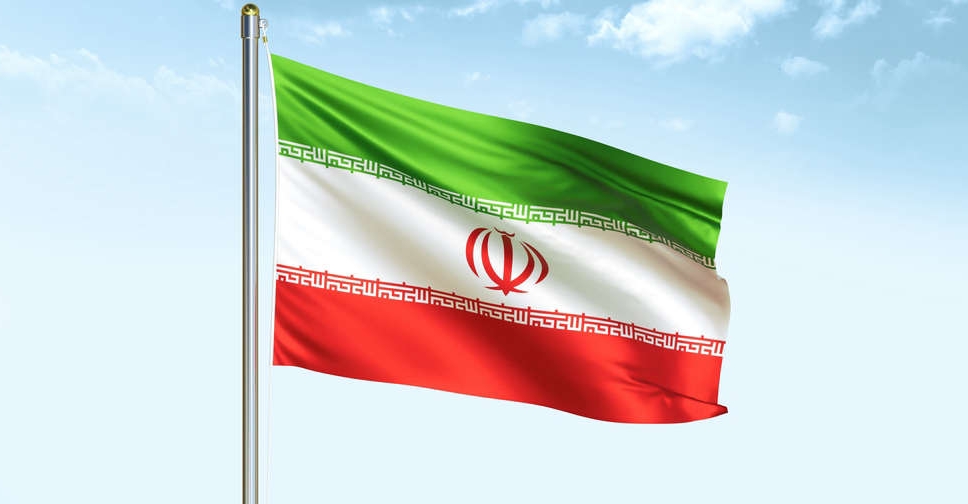
In a further attempt to rein in increasing numbers of women defying the compulsory dress code, Iranian authorities are installing cameras in public places to identify and penalise unveiled women.
The police announced on Saturday.
After they have been identified, violators will receive “warning text messages as to the consequences”, police said in a statement.
The move is aimed at “preventing resistance against the hijab law,” said the statement, carried by the judiciary’s Mizan news agency and other state media, adding that such resistance tarnishes the country’s spiritual image and spreads insecurity.
A growing number of Iranian women have been ditching their veils since the death of a 22-year-old Kurdish woman in the custody of the morality police last September. Mahsa Amini had been detained for allegedly violating the hijab rule. Security forces violently put down the revolt.
Still, risking arrest for defying the obligatory dress code, women are still widely seen unveiled in malls, restaurants, shops and streets around the country. Videos of unveiled women resisting the morality police have flooded social media.
Saturday's police statement called on owners of businesses to “seriously monitor the observance of societal norms with their diligent inspections”.
As per Iran's law, imposed after the 1979 revolution, women are obliged to cover their hair and wear long, loose-fitting clothes to disguise their figures. Violators have faced public rebuke, fines or arrest.
Describing the veil as "one of the civilisational foundations of the Iranian nation" and “one of the practical principles of the Islamic Republic,” an Interior Ministry statement said on March 30 that there would be no retreat on the issue.
It urged citizens to confront unveiled women. Such directives have, in past decades, emboldened hardliners to attack women. Last week a viral video showed a man throwing yoghurt at two unveiled women in a shop.

 UK inquiry finds 'chilling' cover-up of infected blood scandal
UK inquiry finds 'chilling' cover-up of infected blood scandal
 Iranian President Raisi killed in helicopter accident, state media says
Iranian President Raisi killed in helicopter accident, state media says
 ICC prosecutor seeks arrest warrants for Israeli, Hamas leaders
ICC prosecutor seeks arrest warrants for Israeli, Hamas leaders
 Assange given permission to appeal against US extradition
Assange given permission to appeal against US extradition
 Israel intends to broaden Rafah sweep, Defence Minister tells US
Israel intends to broaden Rafah sweep, Defence Minister tells US




